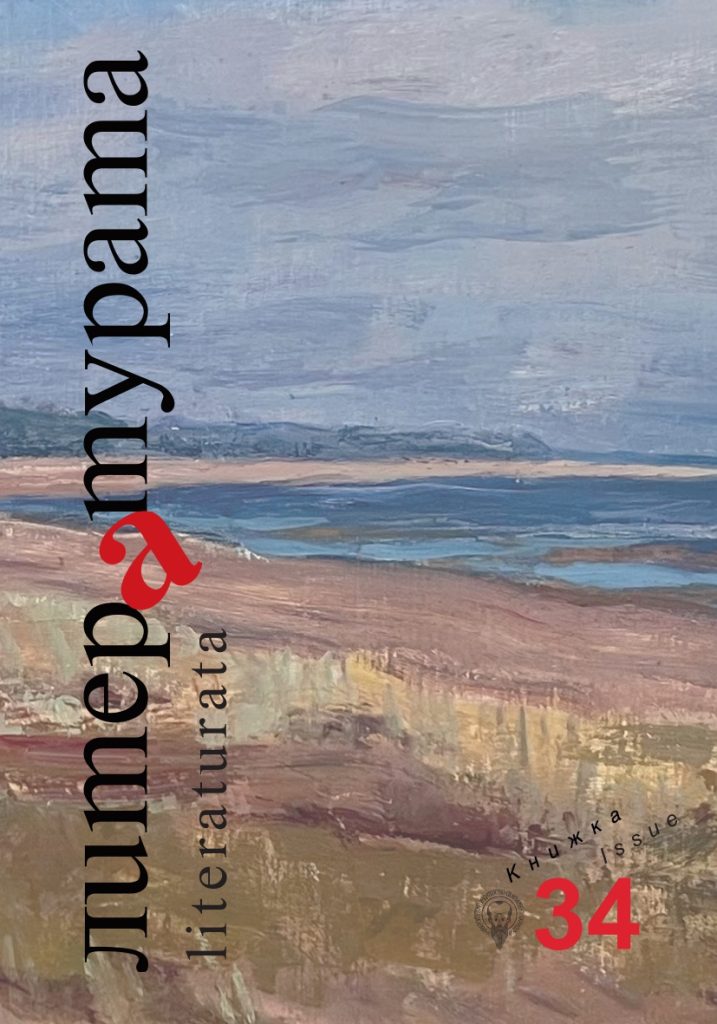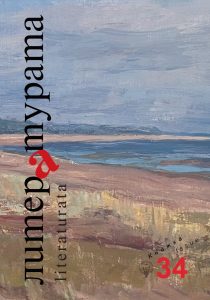https://www.ceeol.com/search/article-detail?id=1346201
https://doi.org/10.60056/Lit.2025.34.130-155
Theoretical and Methodological Problems of Understanding the Meaningless Objectivity of the Nature in Fiction
Eleonora Georgievna Shestakova
The analysis and interpretation of landscapes in a work of art is always a complex and specific task, conditioned by the original duality of nature. According to Losev and Tahoe-Godi, the researcher must simultaneously take into consideration nature as it is, from the point of view of its natural, meaningless objectivity, and be able to see and describe the poetic features of the landscape as clots of meanings conditioned by cultural and literary memory. In order to explore the landscape in the artistic world of a particular work, adequate notional-methodological foundations and principles are needed. Losev and Tahoe-Godi propose a model of nature as a term and approach to interpreting landscape. It will help to comprehend the meaningless objective nature and put it in line with one or another human understanding, which is realized in the system of created and influencing the literature-cultural process aesthetic samples, copies, artistic images. Although, and this is confirmed by the artistic literature of the 18th – 21st centuries, the vision, understanding, and study of nature can also be based on the principle of the “reverse path”. Its essence is that a philologist and artist can go from a known example, a text about nature to its, as it were, “naked” perception, realizing the results of the journey in a new text and artwork about the landscape.
Keywords: landscape; nature models; analysis; interpretation; artistic world; fiction; Losev; Tahoe-Godi
About the author: Shestakova Eleonora Georgievna – Doctor in Philology in two specialties: journalism and literary theory. Scope of scientific interests as: a literary theorist – theory of literature, poetics and aesthetics of transitional eras, theory of motive, theory of national literature-cultural processes; a journalist – theory of media text, intellectual journalism, the world of reality, media linguistics, culinary media discourse, problems of media education, general issues of media communication theory. Author of over 300 scientific publications, including two monographs, “Theoretical Aspects of the Relationship between Texts of Fiction and Mass Communication: Specifics of the Aesthetic Reality of Literature of the New Time?” (Donetsk. NORD-PRESS, 2005. 441 р.) “Oxymoron as a Category of Poetics (Based on Russian poetry of the 19th – First Third of the 20th Centuries)” (Donetsk, Nord-Press, 2009, 210 p.), and the textbook “Reader on the Theory of Texts of Mass Communication?” (Donetsk, Nord-Press, 2009. 283p.)


